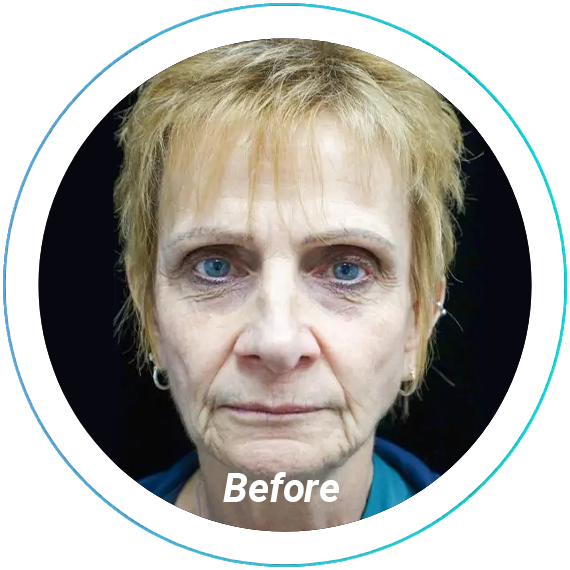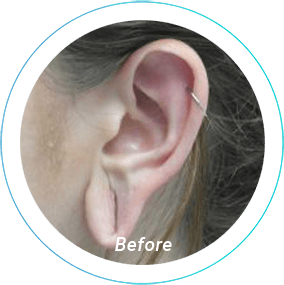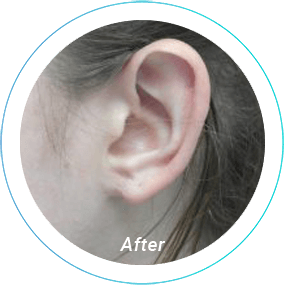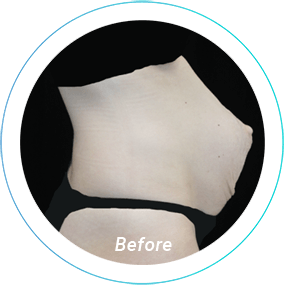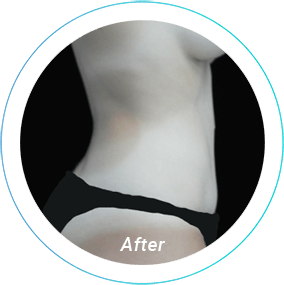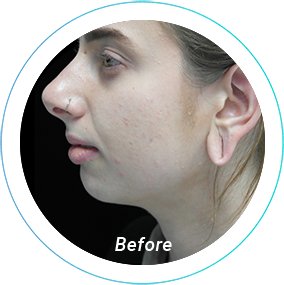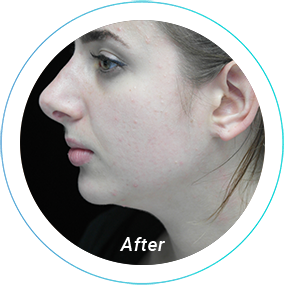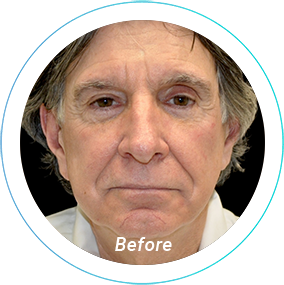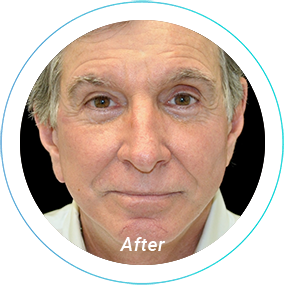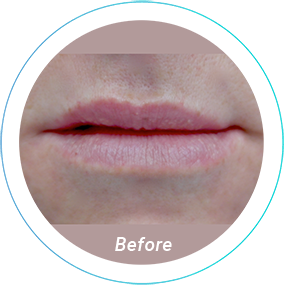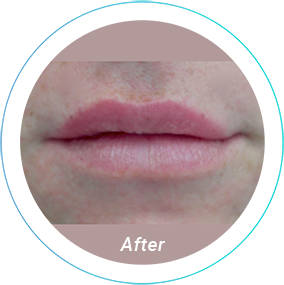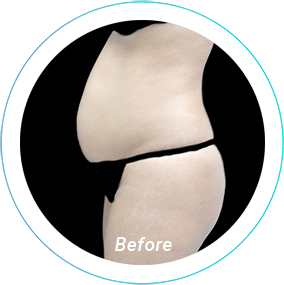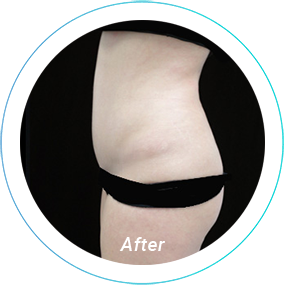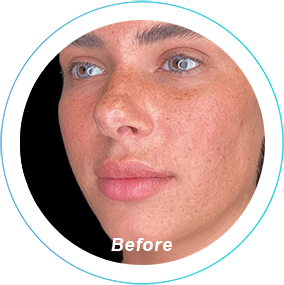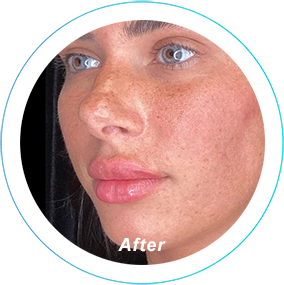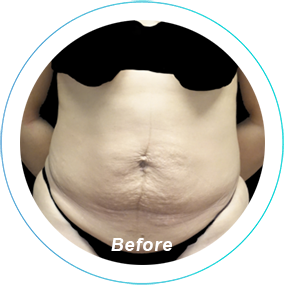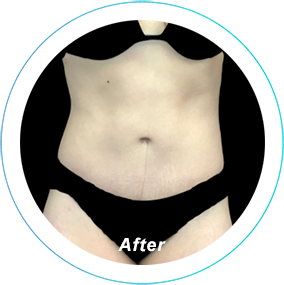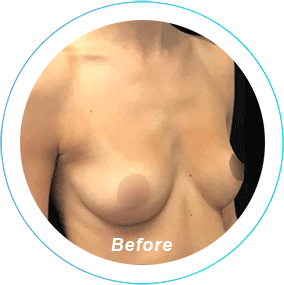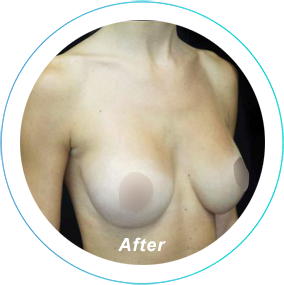After studying over 1,800 people, psychologists at Ruhr University Bochum and the University of Basel agree: those who undergo cosmetic plastic surgery enjoy their lives more, and feel more confident in the short & the long term.
Researchers observed three different populations: 544 first-time plastic surgery patients, 264 people who had considered plastic surgery and changed their minds and 1,000 people who had never shown an interest in plastic surgery at all. The question: what goals motivate people to undergo plastic surgery and are these goals achieved?
While 12 percent of the surgery patients studied did state unrealistic goals for their procedures, such as “All my problems will be solved” and “I’ll be a completely new person,” the vast majority of patients had more realistic motivations, ranging from eliminating blemishes to just generally feeling better.
Psychologists tested the patients before their procedures along with the larger group of subjects who had no plans to seek surgery. Then they checked back in with their subjects three, six and twelve months down the road.
Comparatively, the plastic surgery patients felt healthier and more confident than those who did not undergo surgery, holding a more positive view of not just the area of their body that had been operated on but of their body as a whole. The average surgery patient also felt like the goals that had motivated them to seek surgery had been achieved, holding this view as long as a year after the procedure.
The takeaway? Cosmetic surgery is about more than a physical change: it can lead to a variety of positive psychological changes and a distinctly improved quality of life. While plastic surgery is not for everyone, it works in the long-term for those who are well-suited for it.
Source: http://aktuell.ruhr-uni-bochum.de/pm2013/pm00073.html.en



